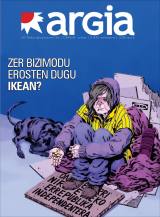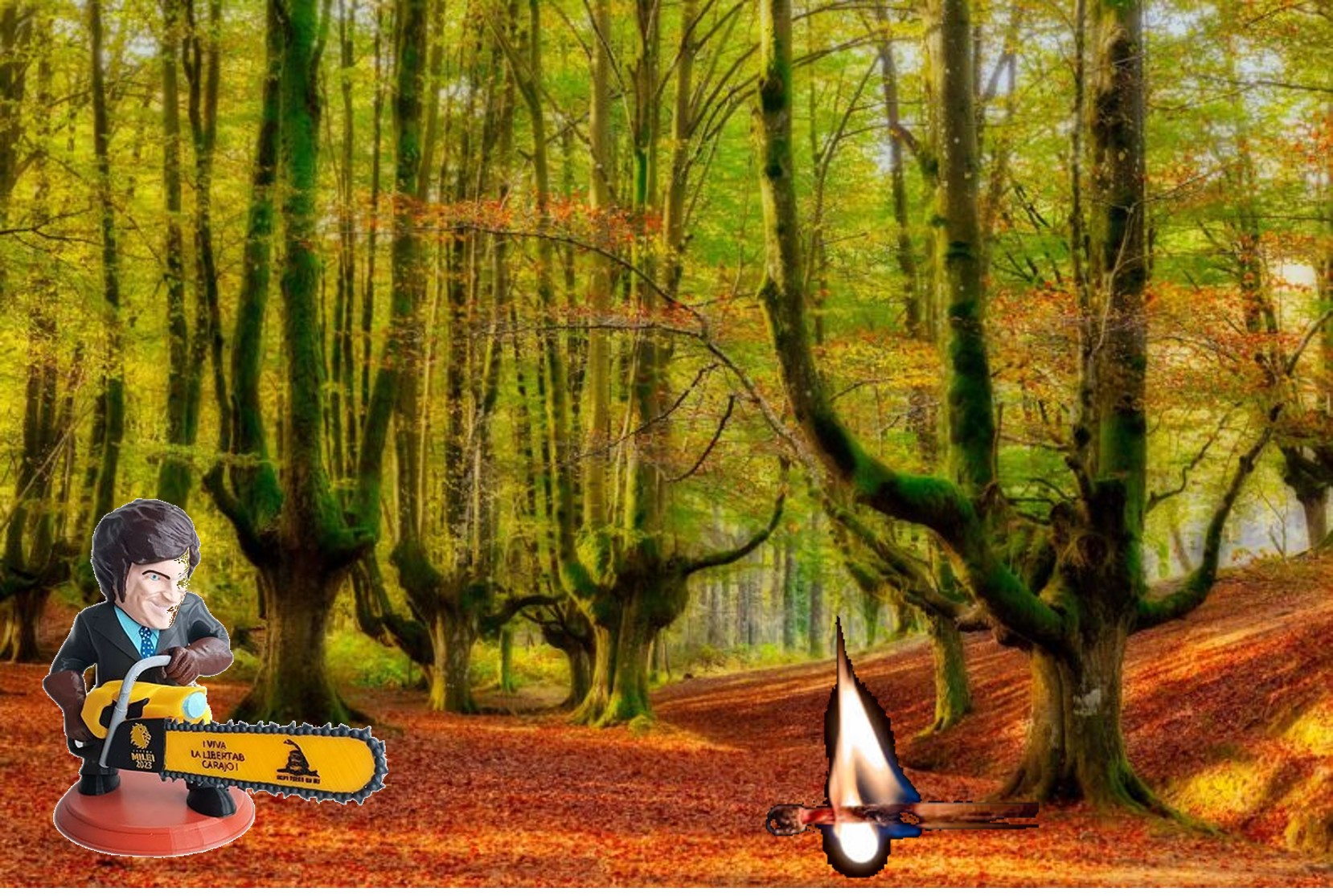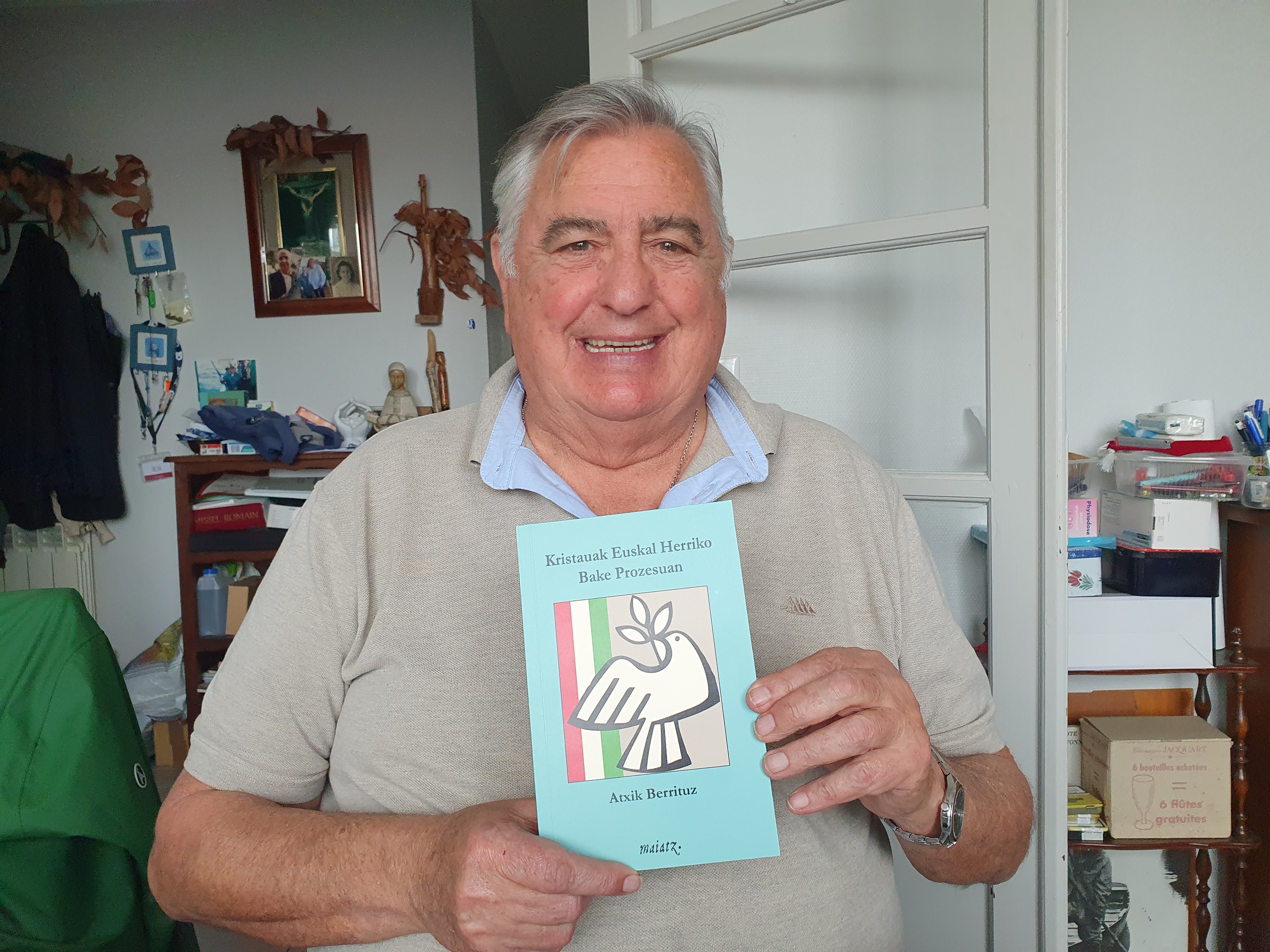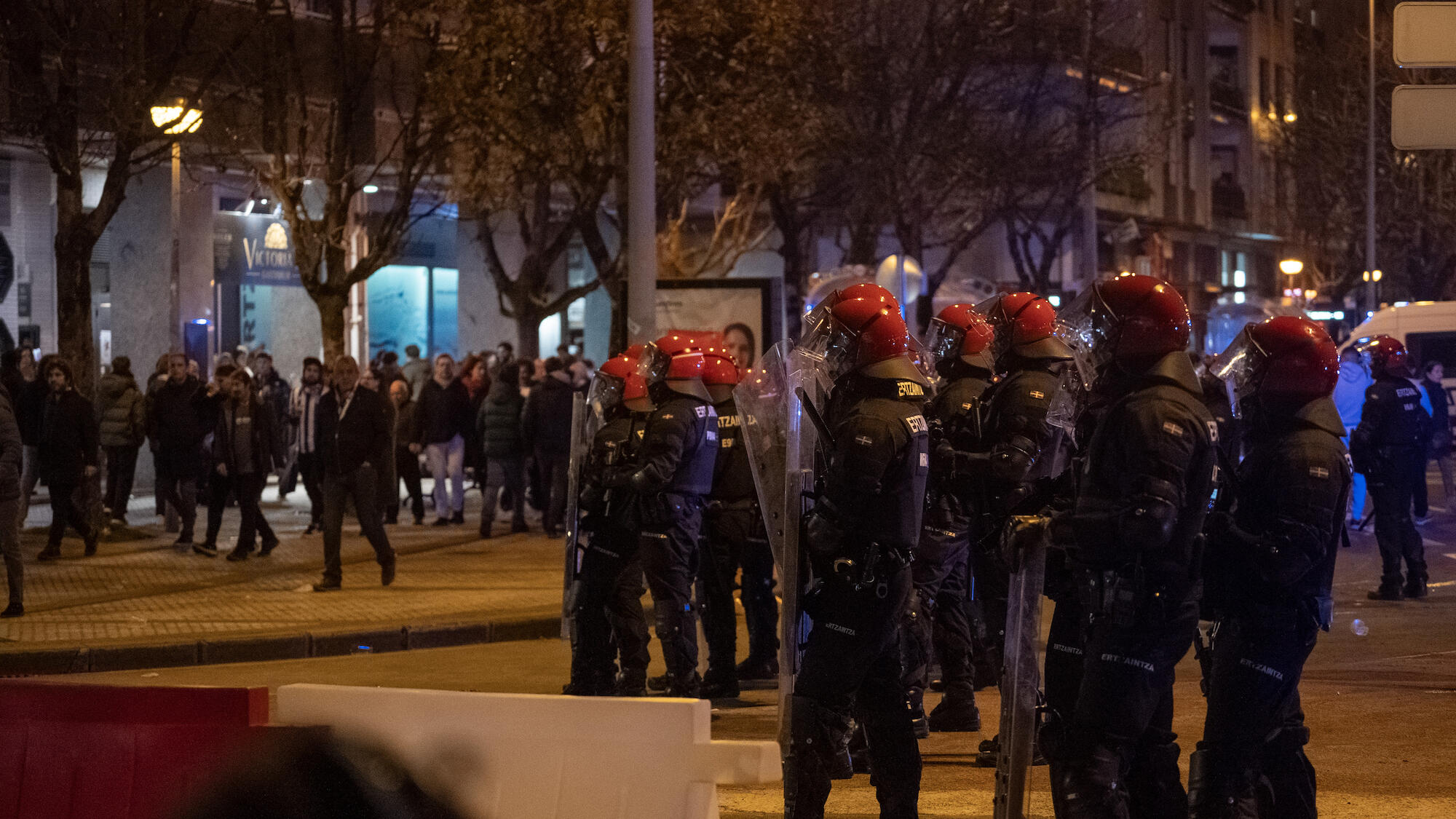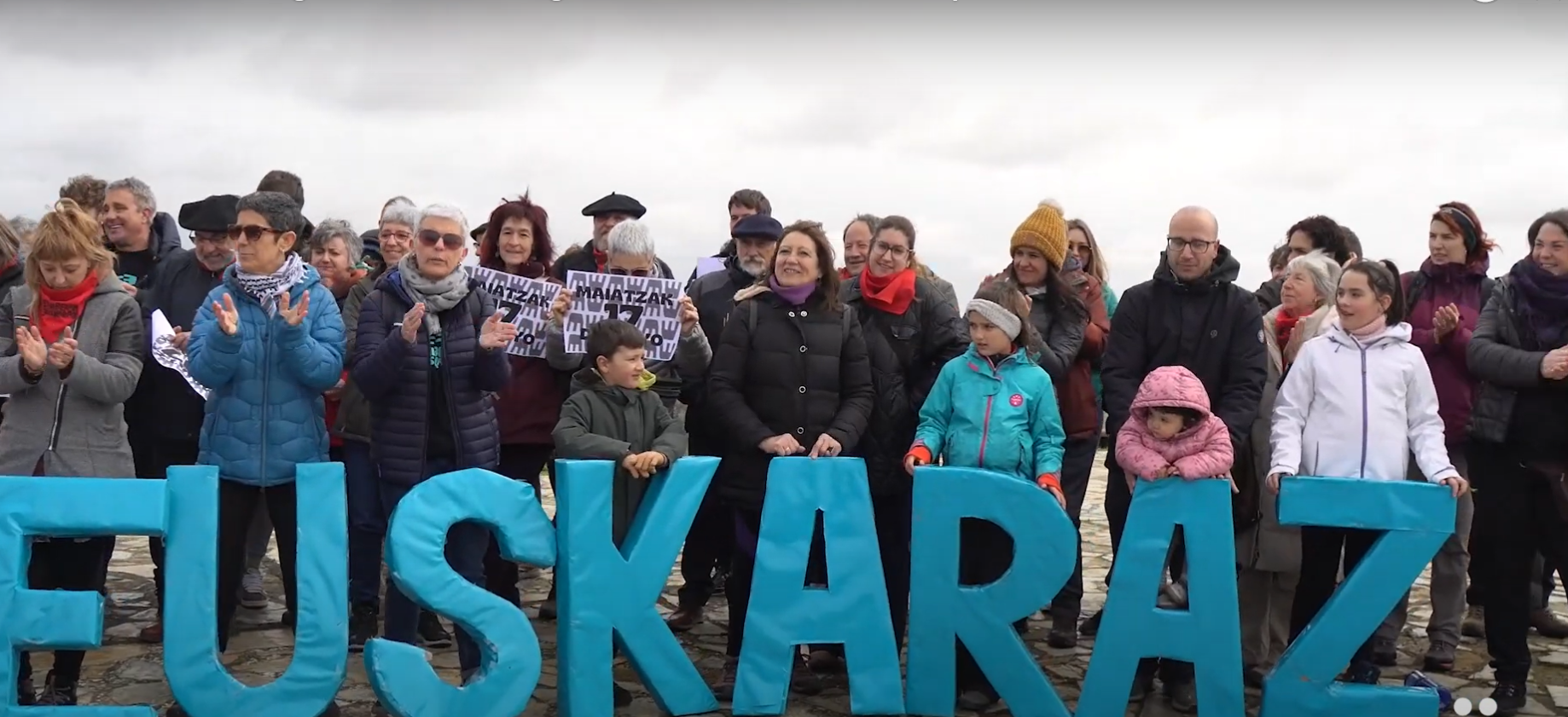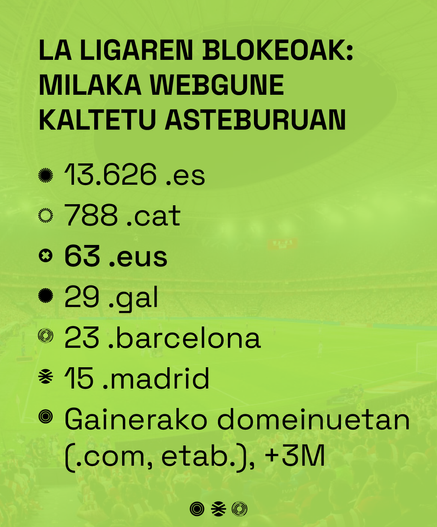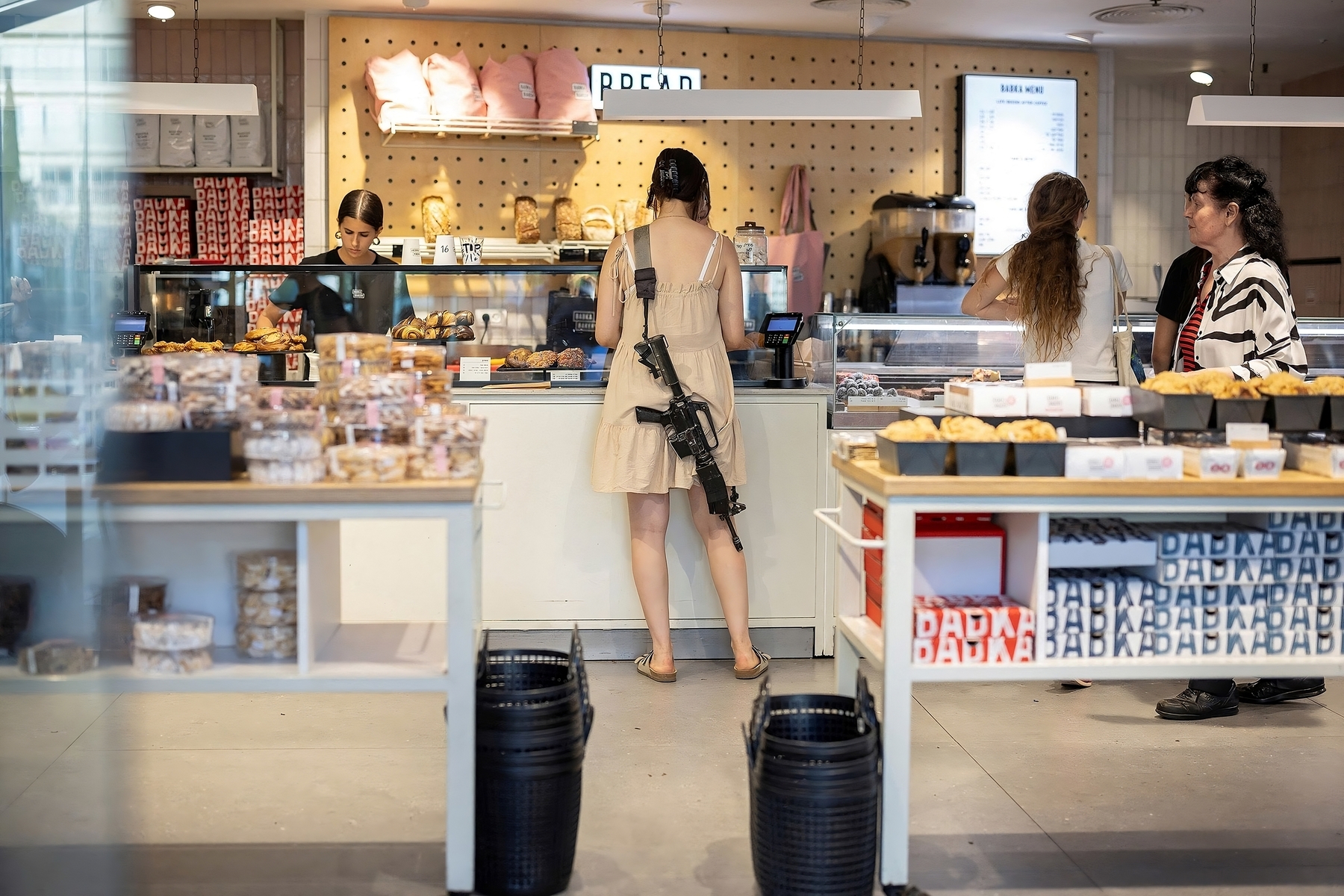"The debate on identity has led to the fragmentation of the Quebec nation"
- We've interviewed in Montreal the professor of political science at the University of Quebec. He studied in the federalist vision of Quebec with the book Le fédéralisme canadien contemporain, published in 2006.
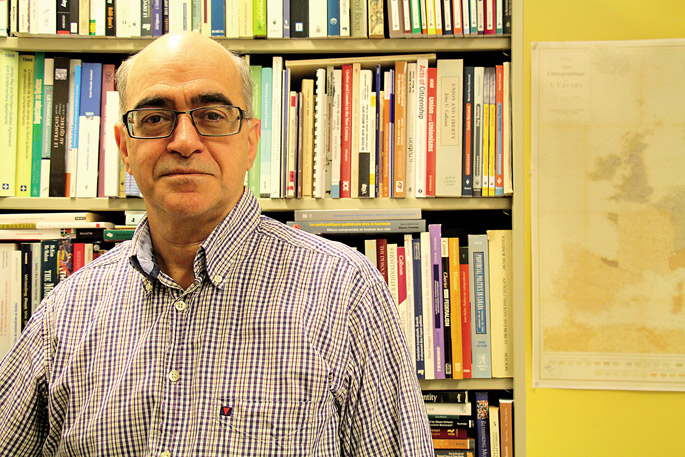
In 1980 they had the first referendum on sovereignty in Quebec. Only twenty years before, the sovereign movement had grown and structured.
There are two reasons for the hunger for sovereignty. On the one hand, because French was dirty. On the other hand, as far as the working world is concerned, French-speakers could not have access to the same positions as English-speakers. That's until the 1960s. Little by little, the French-speakers would decide to launch a political project.
The situation of French-speakers will be improved from the end of the 1960s.
If the Quebec French-speakers had for a long time invaluable requirements, suddenly, because of the Quiet Revolution, they found themselves in the labour market and in the public sector, they did not necessarily depend on the English-speaking elite and were expressed in a language of their own. As a result, the independence movement was justified. For example, it didn't happen without a spin, with the English-language speakers from Quebec and Canada having rapid tensions. On the other hand, the Canadian government intended to create an agreement for Quebec, but most of the attempts failed.
Canada would have wished to weaken its hunger for independence with the agreements.
On the one hand, but it should also be remembered that the Government of Canada repatriated the United Kingdom Constitution in 1982. The charter of rights and freedoms within the Constitution covered that of Quebec. In addition, the repatriation of the United Kingdom Constitution confirmed that the constitutional right of veto held by Quebec had been revoked. Until then, we had the right to obstruct constitutional changes that had negative consequences for the cultural, political or social survival of Quebec. Since repatriation, obstruction can only be done on condition that seven out of ten provinces agree and represent 50 per cent of the population. Quebec has never recognized it.
All this so that a second referendum is not organised.
Quite clearly. Canada wanted to remove all its possibilities for action from Quebec. But at the same time, these decisions made those who looked at nationalism increasingly queer. In the second referendum in 1995, the 'yes' vote was 49.4%.
In 1980 the yes had 40.44%, 15 years later 49.4%. It's a huge blow.
The Quebequeses realized that they can self-govern. In 1980, we had fresh diplomas just taken from the universities, but in 1995, with economic, social or political positions that we found a large part of the successful Francoist Quebequese. If there were doubts in 1980, there were no doubts in 1995, confidence and appreciation were strengthened. But that has another effect: those who reused say that they have achieved it within Canada. In addition, today’s young people feel already independent. They have French education, they can be in any job, in the end they can have the same possibilities as an English-speaking person. They fight for individual autonomy, not for collective autonomy. Something has been lost along the way.
Can you say that the Quiet Revolution was a revolution for sovereignty to overcome the exclusions suffered by the French-speakers?
With the Llana Revolution the nationalism of the State was built, and with the construction of the State the feeling of patriotismo.Era an Abertzale strategy, but not necessarily independence.
He says that the feeling of patriotism developed with the construction of the State. Did the State not exist since the 1960s?
He was very weak, he was very little official since the 1960s. The great duties, teaching and health, were under the control of the Church.
Spectacular changes in a short time.
We say it's a Quiet Revolution, but it was very active and it put it all on its head.
The word “independence” did not appear in the questions in the referendums. Why?
The former talked about the sovereign option, while the latter talked about the sovereign participation. After all, the Quebequese have never been separatists. It's really weird. The Anglo-Canadian sphere is part of our social and political imagination, despite having very few relationships. These Quebequeses, of Canadian French origin, had built Canada, colonizing it all. After all, many consider themselves to be the first Canadian. That is why they find it difficult to separate themselves from the people they have built. After the Quiet Revolution, they would be defined as “Quebequés”, leaving aside the identity until then “French Canadian”, by its ethnicity.
That change will also be felt in the independence message.
The independence project of the time of the second referendum was for all citizens of Quebec, regardless of language, origin, tradition or place of work. It was very revolutionary at the time. It also caused tensions with other French Canadians who were outside Quebec, because they experienced the change as abandonment.
In central North America where English is spoken, how can an immigrant be persuaded of the importance of learning French?
It is clear that English is the language of mobility and international relations. But we can also think of 30 other peoples who have French as their first language. The importance of protecting and developing cultural heritage is also present. We are confident that the reasons for your arrival in Quebec will also be a desire to feel part of the French linguistic community.
Can a language survive without its nation being independent?
A language needs its institutions and they must be defended. It's a daily challenge. For example, many of the immigrants we accept for a limited period of time would want to learn French, but we have no institution to make that strategic choice. Since the 1990s, we have been receiving them well, but today not enough money is being spent on this obligation. The collection of immigrants is done by the communities. For example, the Jewish community is looking at the Jews of Argentina. The Jews speak almost always Hebrew, but not necessarily French. This abandonment will have enormous long-term costs, because it destroys the social structure. Immigrants have to build Quebec tomorrow with us.
If we look at the weakening of the independence movement, have there been no mistakes on the part of the independence parties?
Yes, and it is an important element. If we had done this interview in 2013 or 2014, the reality would have been very different. We had just emerged from a very rich social movement [the student movement of 2012], it was that we wanted to make politics differently. The independence movement was in a new wave.
But ...
The Quebequés Party won the elections. They made a lot of decisions, including a lot of nasty choices. So the debate on the Charter of Values on identity was launched. The debate greatly weakened the social fabric, then there was the division of the Quebec nation, and it is one of the saddest elements of recent years. The issue of sovereignty became fragile and this was due to small petty interests, as the Quebequés Party broke its desire to enter the field of the Geroa Coalition, with an inadequate discourse on immigration, to obtain more votes. It is clear that they are part of the responsibility for the weakening of the independence movement.
All independence groups have come together under the structure of Oui Quebec.
Inspired by the situation in Scotland and Catalonia, they want to place the Abertzale movement within civil society. It is too early to know whether the structure of Oui Quebec will promote the participation of citizens in the process.
There are indigenous communities in Quebec. How can we achieve the arrival of the French in an independent Québec that does not trample on the peoples that preceded it?
I often use the notion of multinational federalism. Basically, that's what the project here is based on. In this respect, it must be recognized that the Quebequés Party is the most open to the demands of the indigenous people. It must be made clear that the languages of the indigenous peoples are taught in Quebec.
Not everything is nice.
That's what I come to. For all these reasons, I do not mean that there is no problem or discrimination. Before we have to work with those Nations; through collaboration it is better to understand the reality of the other. We have to follow and they also have to follow us. Whether the projects are independence or federalist, what we want is for the First Nation to participate in the political project for Québec.
When will the third referendum be held?
I guess during my life there will be one. But it is in the hands of young people, it is they who decide whether or not it is going to be so. For the third to occur, youth must be open, pluralistic, plural and with an open hand. To this must be added three conditions: to be showy to all those who have arrived in Quebec; to give moderate views, because not everything is black or white; and, finally, to feel hungry for dignity. If the existing institutions do not allow national emancipation, new ones will have to be created. If the dignity of the nation is in the field, it is possible that youth will carry a political project and that will lead to independencia.Conf I realize that, individually and collectively, youth wants to emancipate themselves.
You may not know who Donald Berwick is, or why I mention him in the title of the article. The same is true, it is evident, for most of those who are participating in the current Health Pact. They don’t know what Berwick’s Triple Objective is, much less the Quadruple... [+]
The article La motosierra puede ser tentadora, written in recent days by the lawyer Larraitz Ugarte, has played an important role in a wide sector. It puts on the table some common situations within the public administration, including inefficiency, lack of responsibility and... [+]
Is it important to use a language correctly? To what extent is it so necessary to master grammar or to have a broad vocabulary? I’ve always heard the importance of language, but after thinking about it, I came to a conclusion. Thinking often involves this; reaching some... [+]
The other day I went to a place I hadn’t visited in a long time and I liked it so much. While I was there, I felt at ease and thought: this is my favorite place. Amulet, amulet, amulet; the word turns and turns on the way home. Curiosity led me to look for it in Elhuyar and it... [+]
Adolescents and young people, throughout their academic career, will receive guidance on everything and the profession for studies that will help them more than once. They should be offered guidance, as they are often full of doubts whenever they need to make important... [+]
Atxik Berrituz giristino taldeak Kristauak Euskal Herriko bake prozesuan liburua argitaratu du Maiatz argitaletxearekin. Giristinoek euskal bake prozesuan zer nolako engaiamendua ukan duten irakur daiteke, lekukotasunen bidez.
Maiatzaren 17an Erriberako lehenengo Euskararen Eguna eginen da Arguedasen, sortu berri den eta eskualdeko hamaika elkarte eta eragile biltzen dituen Erriberan Euskaraz sareak antolatuta









